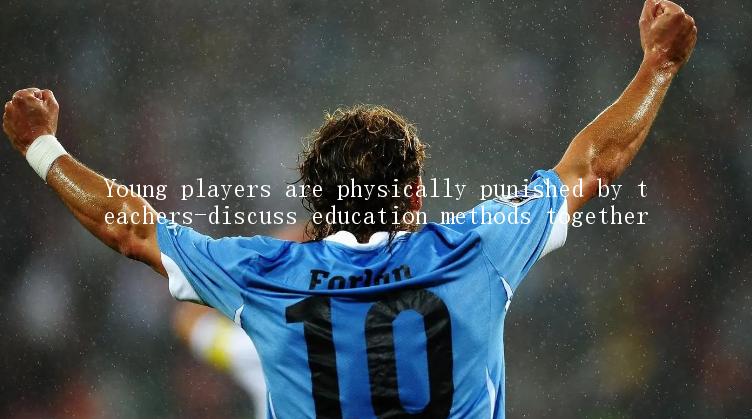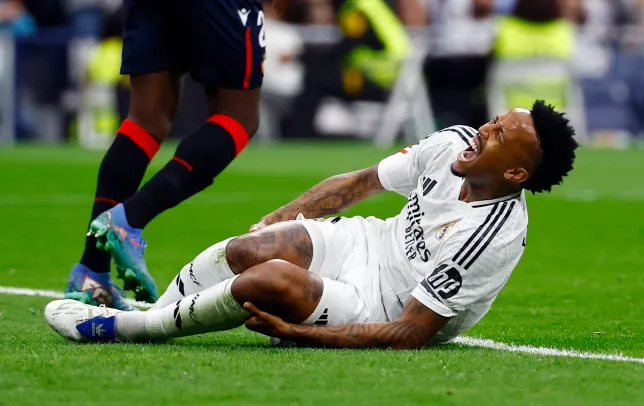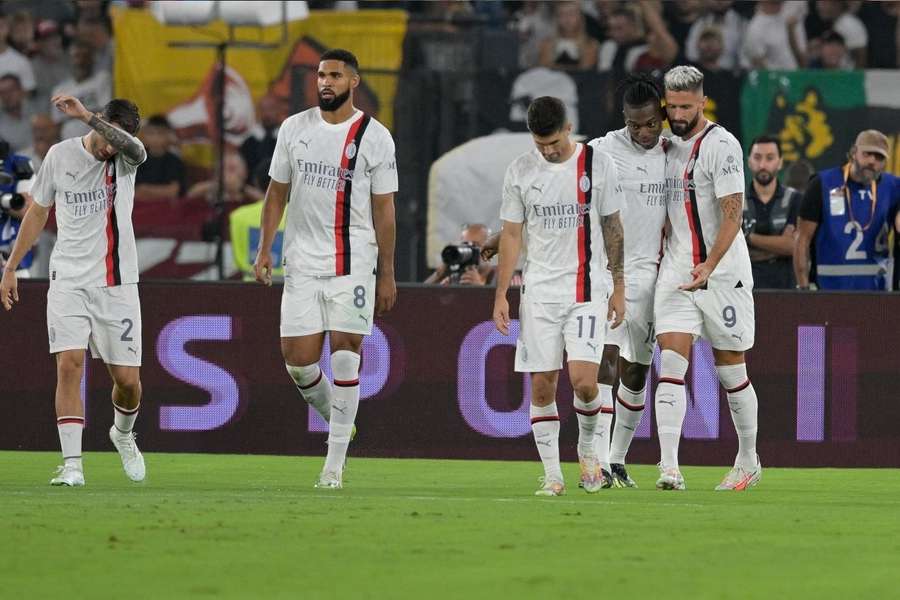Young players are physically punished by teachers-discuss education methods together

The corporal punishment of young players by teachers triggered a discussion of education methods.
Education is an important task in cultivating the next generation, and its methods directly affect children's growth. Corporal punishment, as a traditional way of education, is considered by many to be an effective method. However, this approach has been widely criticized and denied in modern society.
Corporal punishment causes physical and mental harm to children. Children are in a period of growth and development, and their bodies and minds are very fragile. Corporal punishment may not only cause physical harm, but may even cause long-term damage to children's self-esteem and self-confidence. For them, being physically punished is humiliating and unfair treatment.
Corporal punishment does not achieve the expected educational effect. Although corporal punishment is believed to punish children for wrong behavior, it cannot teach them the right way to behave. Children don't really learn anything from corporal punishment, they only develop resistance and anger. Instead, a gentle and patient approach to education can help children understand and correct mistakes.
In addition, corporal punishment can destroy the relationship between teachers and students. The ultimate goal of education is to establish a good teacher-student relationship in order to help children develop in an all-round way. However, corporal punishment not only damages students 'trust and respect for teachers, but may also lead to conflicts and conflicts between teachers and students. Such a relationship will not help learning and education.
Discussions triggered by corporal punishment of young players by teachers revealed problems with corporal punishment education methods. Modern society should abandon this approach and shift to more humane and scientific educational methods. We should use love, patience and care to guide children's growth, rather than use corporal punishment to solve problems.
RELATED STORIES






LATEST NEWS







